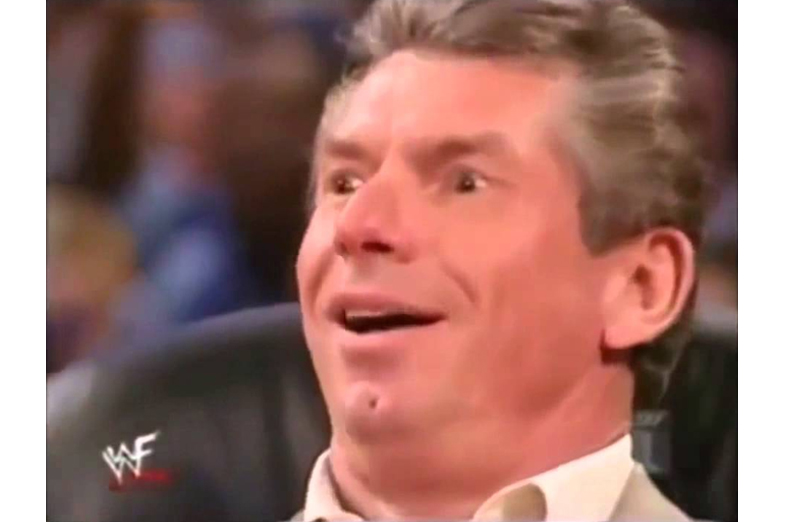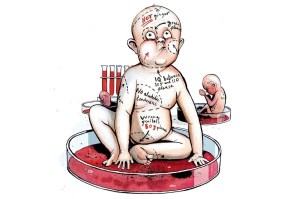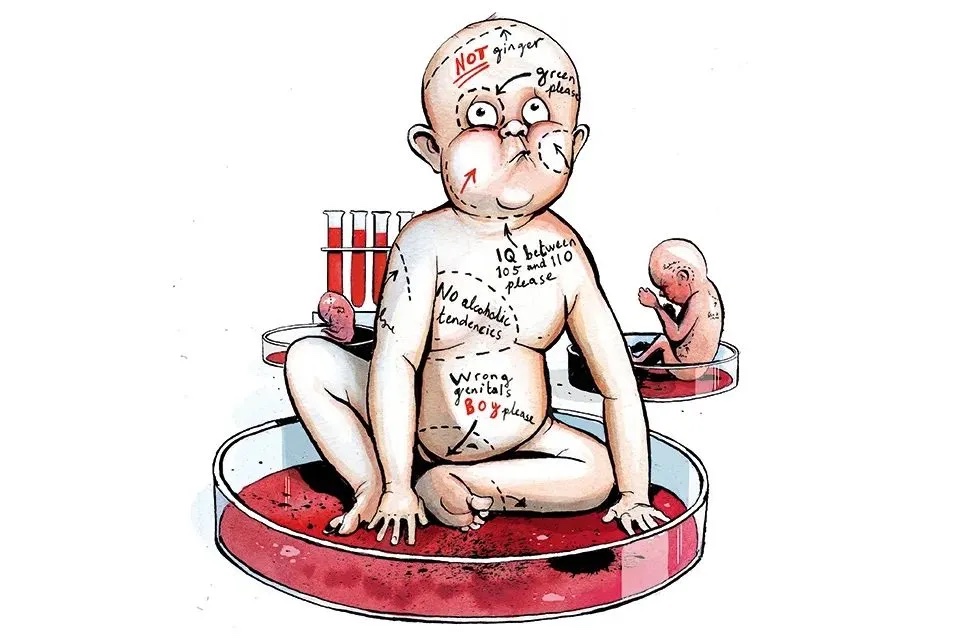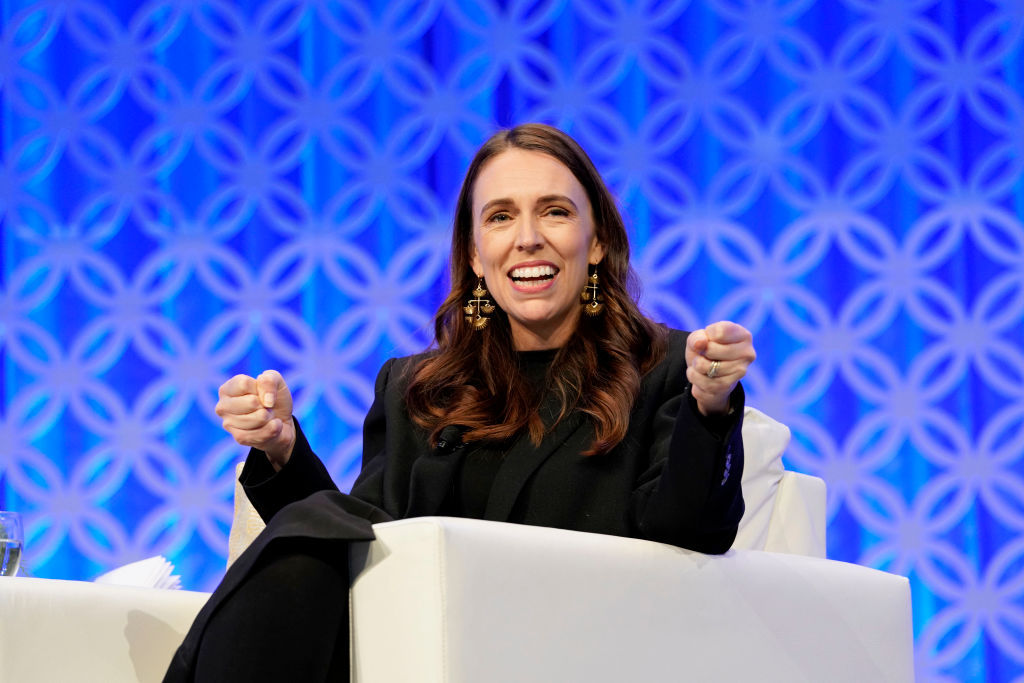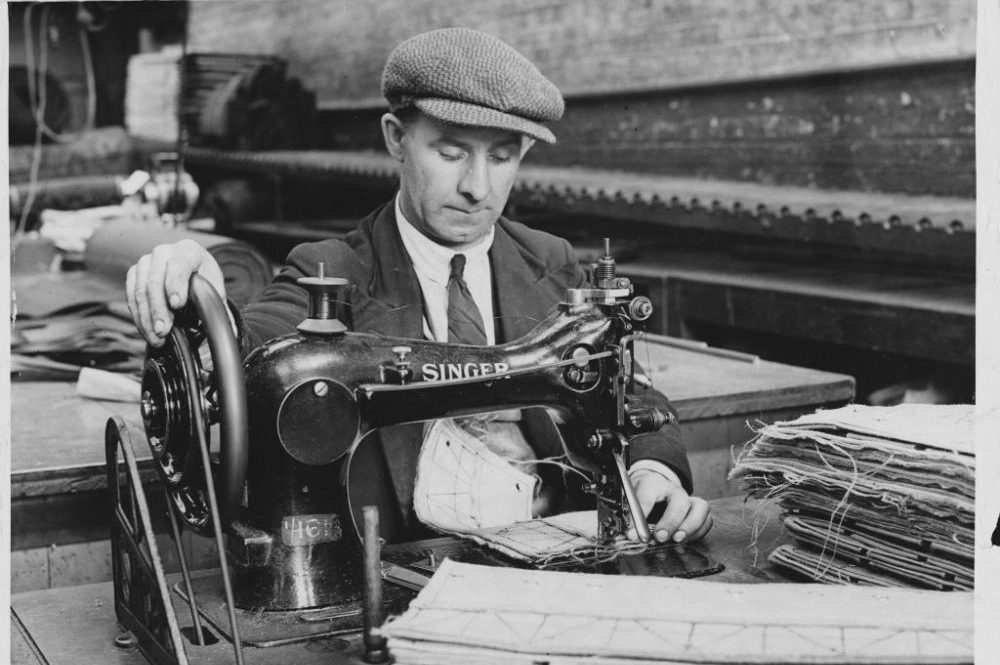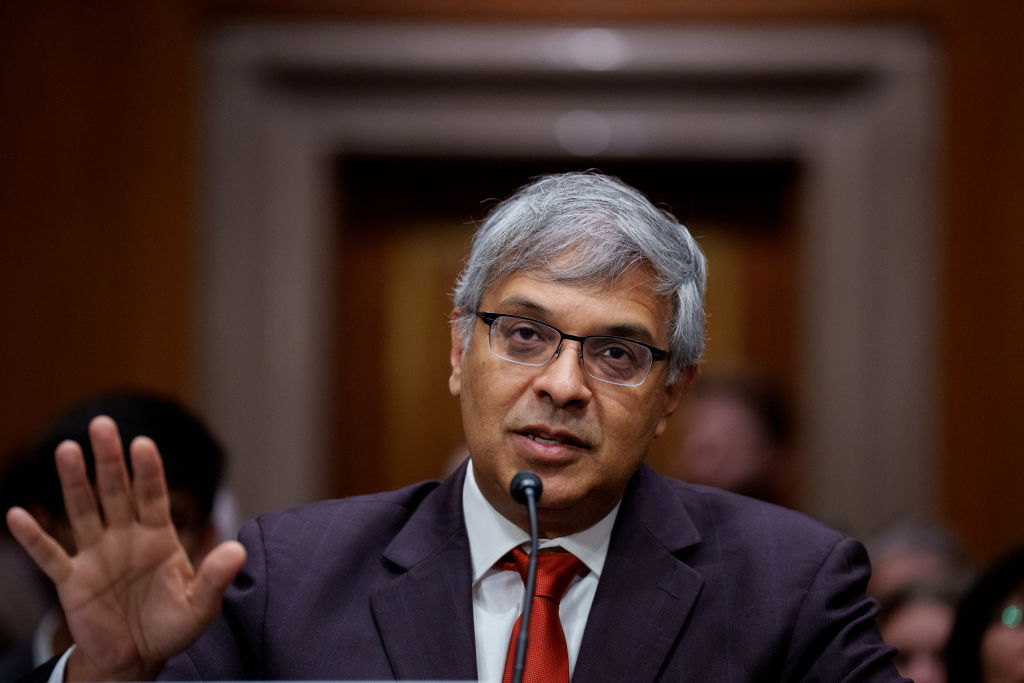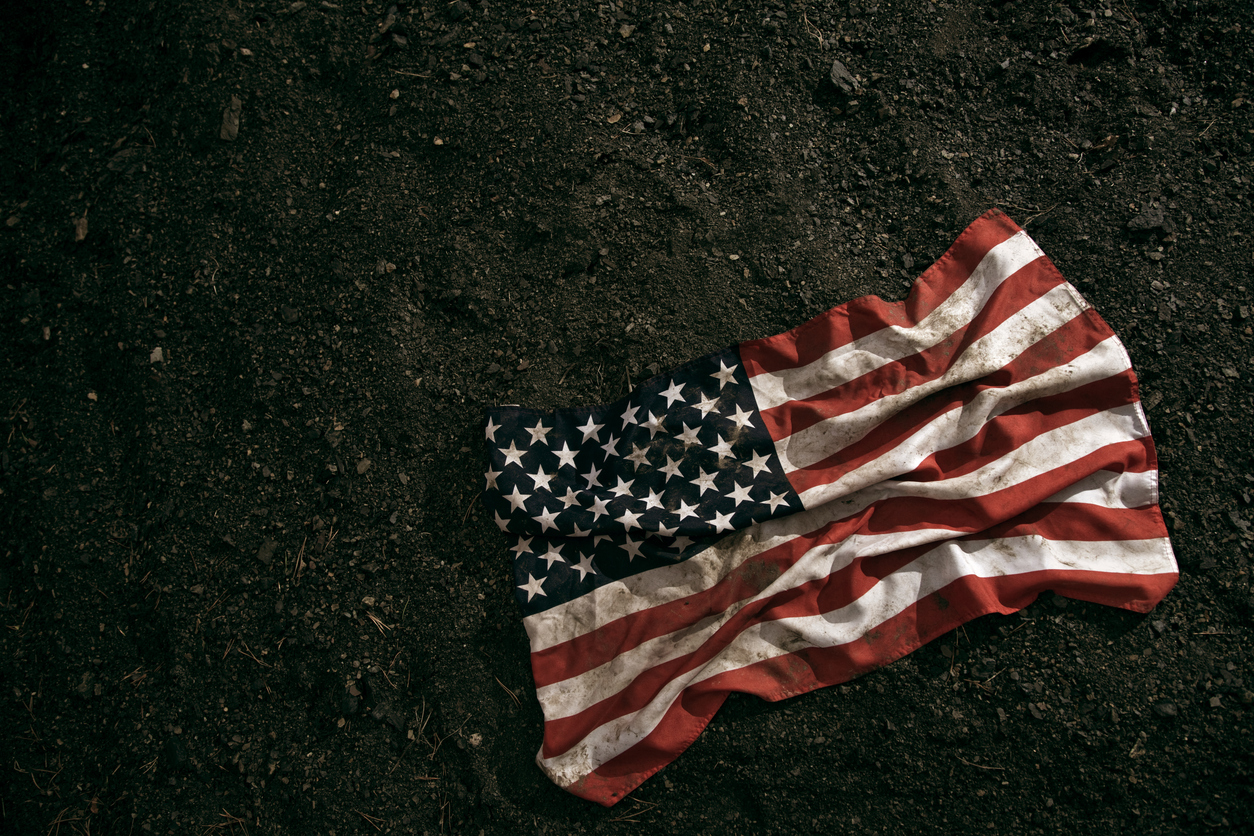Coronavirus has led to the cancellation of innumerable events. The NBA and the Premier League postponed their seasons. The Olympics and Euro 2020 have been pushed back a year. Even a Rolling Stones tour has been called off, and, as everybody knows, Keith Richards and Mick Jagger are immune to illness, pain and death.
You might imagine that the pandemic would have led to the cancellation of World Wrestling Entertainment’s annual flagship event Wrestlemania, which was scheduled to take place in Tampa, Florida next weekend. For days, WWE refused to pull the plug. Only after local politicians threatened to call it off did WWE announce that they would be recording the event at multiple locations, without audiences.
Still, even without an audience, wrestlers can hardly pull off ‘social distancing’ and a match at the same time. You could have matches in which the wrestlers stay six feet apart but they would have to involve a lot of projectiles — or telekinesis.
Granted, it is improbable that young athletes would be at grave risk from coronavirus. But they all have loved ones, and, besides, it is still possible. Roman Reigns, one of WWE’s biggest stars, refused to appear just before the show was to be filmed. Reigns recovered from leukemia in recent years and is immunocompromised. Frankly, it is grotesque that his participation was considered.
Yet it makes a lot more sense if you know Vince McMahon. Never has the principle ‘the show must go on’ been more rigidly adhered to than in the case of WWE. Whenever horrors have befallen the organization, performances have continued as normally as possible. McMahon, the charismatic billionaire behind the company, is not a man who understands the words ‘give up’. He is a man who lost tens of millions of dollars on the XFL, his 2001 football venture, then stubbornly resurrected it in 2020 — just in time for it to be killed off by coronavirus.
McMahon is certainly not the only or the first figure in wrestling to insist on a ruthless dedication to the plan. Still, he has taken it to lurid extremes. Not even death could halt proceedings in the 1999 pay-per-view event Over the Edge. The wrestler Owen Hart was being lowered from the rafters when his harness broke and he plummeted into the ring. The World Wrestling Federation, as it was called at the time, had to decide whether or not to stop the action. Controversially, the wrestling continued as the commentators Jim ‘JR’ Ross and Jerry ‘the King’ Lawler kept viewers updated as to Hart’s condition before having to announce that he had died.
Was it the right thing to do? You could argue that it was. Staying on the air allowed the WWF to keep its audience in the loop. But expecting wrestlers to perform in the knowledge that one of their friends had just plunged to his death was more than a little cruel. WWE encountered a similar incident in 2012 when Jerry Lawler had a massive heart-attack during an episode of the weekly live show Raw and the matches rolled-on. Michael Cole, who had been calling the action with Lawler, kept the audience updated with consummate professionalism as his colleague’s condition gradually improved, but again the ongoing action left a sour taste in the mouth.
McMahon must have regretted his 2007 decision to air a tribute to the wrestler Chris Benoit upon hearing that Benoit, his wife and his son had been found dead in their Georgia home. If the WWE had not had an inkling that Benoit had been behind the deaths before the show began then they must have had one before it was finished. News outlets were already reporting that the deaths were being investigated as a case of murder-suicide. The show went on, like a car careering in the wrong direction, before promptly being erased from the history books.
If death cannot end a show, injuries certainly cannot. John Cena finished a match with a torn pectoral muscle. Triple H finished a match after one of his quads had been torn off the bone. You can call Vince McMahon a lot of terrible things but you cannot claim that he expects wrestlers to ensure suffering while avoiding it himself. While performing as his scheming, angry alter ego Mr McMahon he blew out both his quads and did not break character. Slumped in the ring, in what must have been devastating pain, he continued to roar about the disputed ending to the Royal Rumble event as his wrestlers gawped at him as if they had just seen a man casually come back from the dead.
Wrestling is an industry which prizes resilience. Profits depend so much on people battering their bodies night after night, week after week, that wrestlers work through physical and mental pain until they fall apart under the stress. Vince McMahon is also a leader who prizes self-control. Stories are legion about his hatred of sneezing, because a sneeze, he thinks, is an involuntary action you should be able to suppress. He is not going to allow injuries, or disease, or even death itself to stand in the way of his ambitions. When Death knocks on his door, indeed, he will kick it in the balls.
Still, McMahon is not just putting himself in harm’s way. He is gambling with the health of all the wrestlers who are breathing and wheezing over each other. Is holding Wrestlemania as scheduled worth the risk that one of them will be infected — and then, perhaps, their family and friends? Well, no. But to WWE? Absolutely yes. A show might only be canceled if Vince McMahon is run over by two buses which promptly crash into each other and explode, and even then he would probably stumble from the wreckage and power walk to the ring like a zombie in search of the world’s biggest brain.



